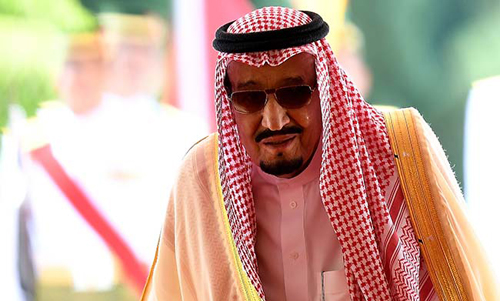Jun 23: US President Donald Trump has issued a proclamation to suspend issuing of H-1B visas, which is popular among Indian IT professionals, along with other foreign work visas for the rest of the year.
Trump said the step was essential to help millions of Americans who have lost their jobs due to the current economic crisis.
Issuing the proclamation ahead of the November presidential elections, Trump has ignored the mounting opposition to the order by various business organisations, lawmakers and human rights bodies.
The proclamation that comes into effect on June 24, is expected to impact a large number of Indian IT professionals and several American and Indian companies who were issued H-1B visas by the US government for the fiscal year 2021 beginning October 1.
They would now have to wait at least till the end of the current year before approaching the US diplomatic missions to get stamping. It would also impact a large number of Indian IT professionals who are seeking renewal of their H-1B visas.
“In the administration of our Nation's immigration system, we must remain mindful of the impact of foreign workers on the United States labour market, particularly in the current extraordinary environment of high domestic unemployment and depressed demand for labour,” said the proclamation issued by Trump.
In his proclamation, Trump said that the overall unemployment rate in the United States nearly quadrupled between February and May of 2020 -- producing some of the most extreme unemployment rates ever recorded by the Bureau of Labor Statistics.
While the May rate of 13.3 percent reflects a marked decline from April, millions of Americans remain out of work.
The proclamation also extends till the end of the year his previous executive order that had banned issuing of new green cards of lawful permanent residency.
Green card holders, once admitted pursuant to immigrant visas, are granted "open-market" employment authorisation documents, allowing them immediate eligibility to compete for almost any job, in any sector of the economy, he said.
“American workers compete against foreign nationals for jobs in every sector of our economy, including against millions of aliens who enter the United States to perform temporary work. Temporary workers are often accompanied by their spouses and children, many of whom also compete against American workers,” Trump said.
“Under ordinary circumstances, properly administered temporary worker programmes can provide benefits to the economy. But under the extraordinary circumstances of the economic contraction resulting from the COVID-19 outbreak, certain non-immigrant visa programmes authorising such employment pose an unusual threat to the employment of American workers,” he said.
For example, Trump said, between February and April of 2020, more than 17 million United States jobs were lost in industries in which employers are seeking to fill worker positions tied to H-2B nonimmigrant visas.
“During this same period, more than 20 million United States workers lost their jobs in key industries where employers are currently requesting H-1B and L workers to fill positions,” he said.
“Also, the May unemployment rate for young Americans, who compete with certain J non-immigrant visa applicants, has been particularly high -- 29.9 percent for 16-19-year-olds, and 23.2 percent for the 20-24-year-old group,” he said.
“The entry of additional workers through the H-1B, H-2B, J, and L non-immigrant visa programmes, therefore, presents a significant threat to employment opportunities for Americans affected by the extraordinary economic disruptions caused by the COVID-19 outbreak,” Trump said.
Trump observed that excess labour supply is particularly harmful to workers at the margin between employment and unemployment -- those who are typically "last in" during an economic expansion and "first out" during an economic contraction.
In recent years, these workers have been disproportionately represented by historically disadvantaged groups, including African Americans and other minorities, those without a college degree, and Americans with disabilities, he said.
The proclamation suspends and limits entry into the US of H-1B, H-2B and L visas and their dependents till December 31, 2020. It also includes certain categories of J visas like an intern, trainee, teacher, camp counselor, or summer work travel programme.
The new rule would apply only to those who are outside the US, do not have a valid non-immigrant visa and an official travel document other than a visa to enter the country.
According to the proclamation, it does not have an impact on lawful permanent residents of the United States and foreign nationals who are spouses or child of an American citizen.
Foreign nationals seeking to enter the US to provide temporary labour or services essential to the food supply chain are also exempted from the latest proclamation.






Comments
If almighty God decides something to be happened none can stop or postpone it. May God protect all of us from Evil.
Add new comment